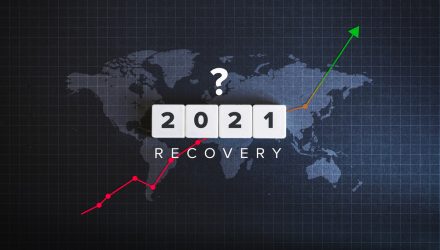With the election behind us, savvy investors are looking for new growth opportunities for a new administration. It’s never been more important to have good ‘court vision’.
In the upcoming webcast, A Deep Dive on the Post Covid Global Economy, Carl Tannenbaum, Executive Vice President/Chief Economist, Northern Trust; and Michael Natale, Head of Intermediary Distribution, Northern Trust Asset Management, will discuss how they believe the pandemic response is going to impact policy, economics, inflation, and interest rates in the coming years, with a special focus on how infrastructure spending might be a critical issue that politicians and economists can rally behind.
For example, infrastructure ETFs, such as the FlexShares STOXX Global Broad Infrastructure Index Fund (NYSEArca: NFRA), offer investors sound fundamentals and above-average dividend yields, making the asset class appealing in the current market environment. NFRA tries to reflect the performance of the STOXX Global Broad Infrastructure Index, which identifies equities that derive the majority of revenue from infrastructure business, providing exposure to not only infrastructure sectors, but non-traditional ones as well.
Investors who want to access global infrastructure investments through a liquid vehicle may consider NFRA as a solid alternative to the long lock-up periods and high initial investments associated with direct infrastructure exposure.
NFRA’s index focuses on long-lived assets in industries with very high barriers to entry, with at least 50% of their revenue from key sectors with 3-month average daily trending volumes of at least $1 million. The portfolio is weighted based on a free-float market cap with certain constraints to limit exposure in any one security, sub-sector, or country. The fund is rebalanced annually.
The strategy could be particularly useful at a time when the United States must ramp up infrastructure spending after years of lagging behind in the sector as compared to other developed economies.
One of the advantages of infrastructure is that regardless of what the global economy is doing, it’s a necessity. The industry is less prone to the cyclical movements of the economy, which makes it a viable alternative to other defensive investing plays.
Furthermore, infrastructure exposure could help protect against long-term inflationary risks since most infrastructure operators pass through the cost increases of inflation to users per long-term contracts that tend to underpin their infrastructure business models.
Financial advisors who are interested in learning more about the post-Covid economy can register for the Wednesday, March 3 webcast here.
